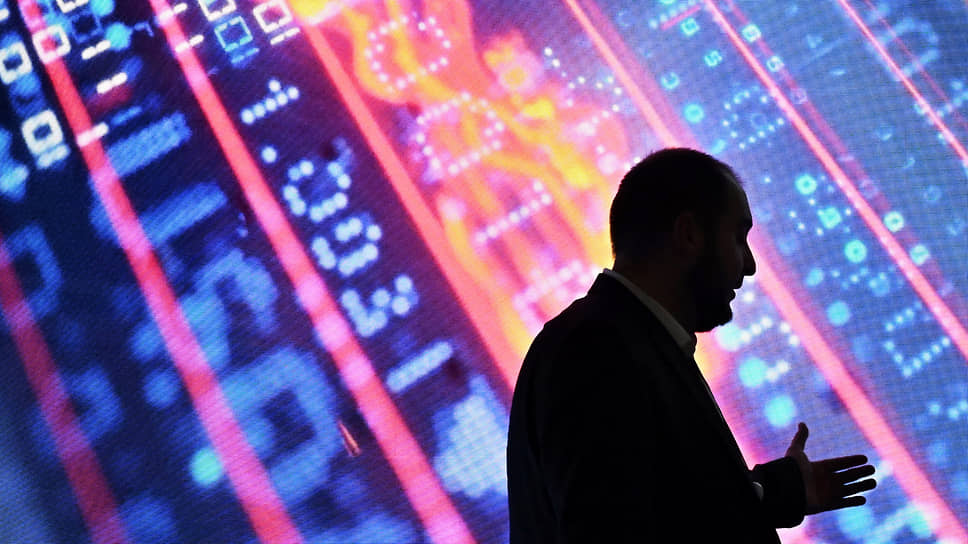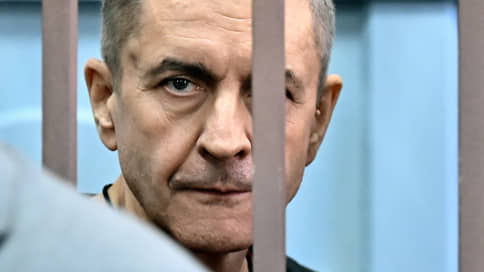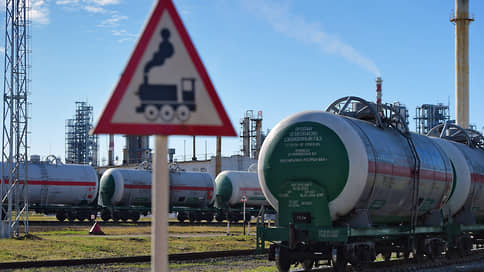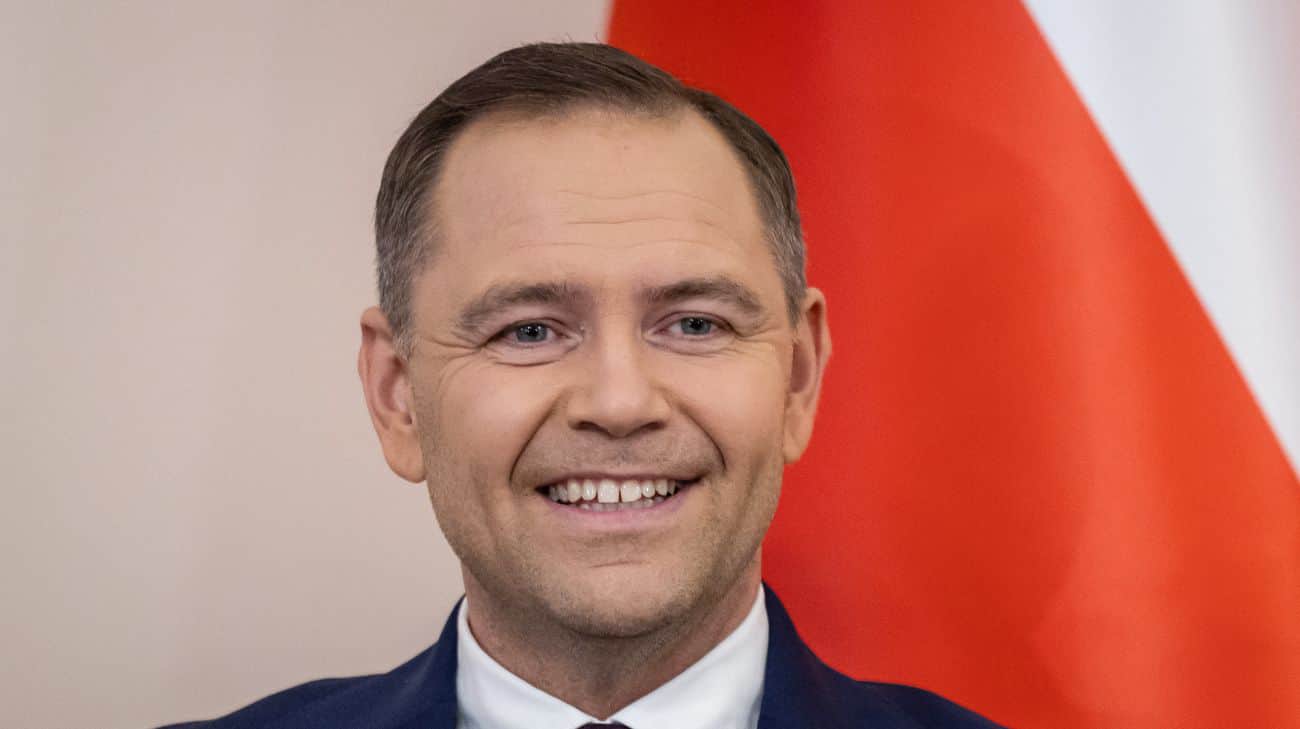Mikhail Uspensky about the problems of the development of the Russian market of the Central Administration
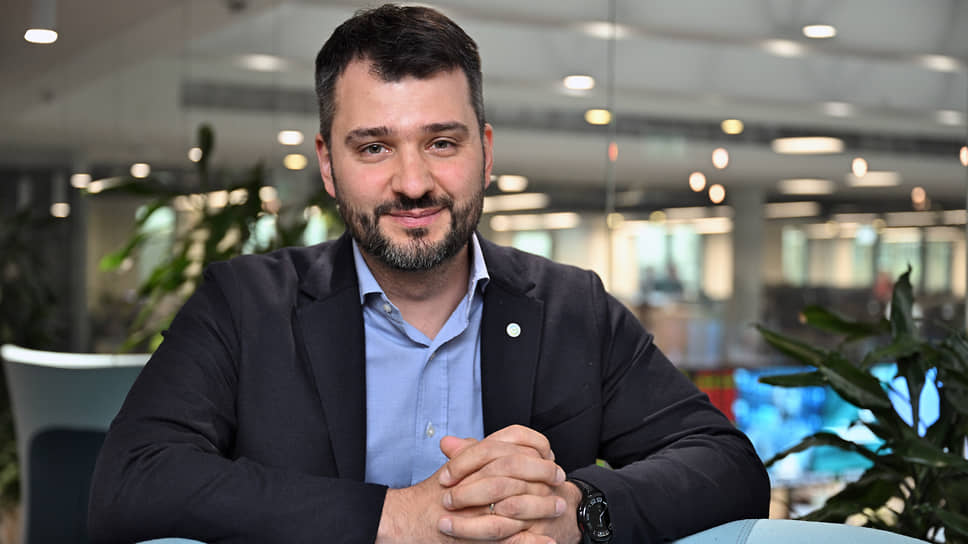
The Russian market for digital financial assets (CFA) is developing a rapid pace. However, despite the formal legislative consolidation, the practical implementation of the concept of the Tsfa significantly slips, which casts doubt on the viability of this mechanism in its current form.
From a technical point of view, the situation raises questions. The regulator has written out many licenses with isolated blockchain platforms incompatible with each other, and still has not agreed on the general smart contract, for example, at the understandable standard ERC-20.
Therefore, now the Tsfa market is similar to a set of isolation drifting “islands”, deprived of the possibility of interaction.
Effective transmission of tokens between different operators is technically difficult, which levels the key advantages of blockchain technologies in the financial sector.
The problem is aggravated by an almost complete absence of a secondary market. The Moscow Exchange and St. Petersburg Exchange, which received the status of the operators of the CFF exchange in 2023 and 2024, respectively, have not yet left the piloting stage. The absence of a single space for the circulation of the Tsf question the prospects of creating a liquid market in the foreseeable future.
The regulatory policy regarding the TsFA sometimes causes bewilderment. The adoption of amendments allowing management companies and brokers to the market is delayed, although now analytical materials look extremely convincing. The unification of the TsFA tax regime with traditional loans, despite the hot public support of representatives of the Ministry of Finance and the Central Bank, remains nothing more than a good intention, and not issued to a public discussion by the bill. As a result, even the most promising directions, such as debt tokenization, albeit increasing in volume, but turn out to be uncompetitive either in comparison with traditional financial instruments, or compared to foreign stabelcoins tied to the dollar.
Separate successful cases only highlight the systematic problem. The tokenization of gold, which makes up the lion’s share of the tokenization of objects of the real world of all issues of the Central Executive Committee, demonstrates the obvious technical possibility of implementing this kind of ideas in practice. Once, even the issuer of the Tsfa, instead of money, instead of money, to physically pick up the ingots from the storage in the foreign Fripport instead of money, while the warehouse certificate acted as security. Some issuers add optimism to the market of tokens to wine, perfumes, cake and even a firebird in NFT format. However, the absence of a single technological standard and a working secondary market turns even these bright and relatively successful initiatives into local experiments with a limited scope of application. Moreover, the success of the TsFA as attractive for foreign investors, the means of international calculations, casts doubt on.
Of particular concern is the situation with decentralized autonomous organizations (DAO)-by joint enterprises that are directly controlled by “shareholders” using smart contracts on a blockchain with flexible setting up joint and borrowed financing, as well as confidential, but transparent votes. The thoughtfully prescribed smart contract code, which becomes a kind of “charter” of DAO, allows you to minimize conflicts between partners, over time, more and more turning lawyers and other femid ministers into a rudiment of the outgoing technological era. Instead of becoming a driver development driver, this promising concept was blocked by regulatory barriers: joint -stock, depository, registration and others like them, which led to the actual freezing of this direction.
An analysis of international experience shows that the successful development of the digital assets market requires three key components – understandable unified technological standards, the most operational regulatory response and developed secondary market infrastructure. Russian digital financial assets are currently desperate to fight in each of the three areas.
In such conditions, urgent and decisive measures are simply necessary.
First of all The Association of TsfA operators, together with the regulator, should increase the intensity of measures as agreed by the single standard, paying close attention to the ERC-20 standard and its variations as the second largest distributed protocol in the world after bitcoin.
Secondlyit is necessary to speed up the process of amending the legislation in order to eliminate existing legal barriers. Particular attention should be paid to taxation and speedy admission of institutional investors and brokers on the market. At some point, it is necessary to decide to create a working commission, gradually leading the norm of joint-stock law and related sectors to the realities and features of distributed registers and smart contracts.
Thirdit is necessary to create conditions for the development of the infrastructure of the secondary market and as one of the measures to provide for a separate experimental legal regime for projects aimed at introducing seamless communication of licensed blockchains among themselves. Domestic exchanges endowed with the status of operators of the TsFA exchange, it is recommended to join these processes tightly.
The previous experience of supporting the legislative process showed that a successful decision at the junction of finance, rights and blockchain is possible only if close interaction between regulators, market participants and technological experts. Processing or half measures will only aggravate the situation. The regulators and market participants have all the necessary tools to correct the situation – it remains only to begin to act.

